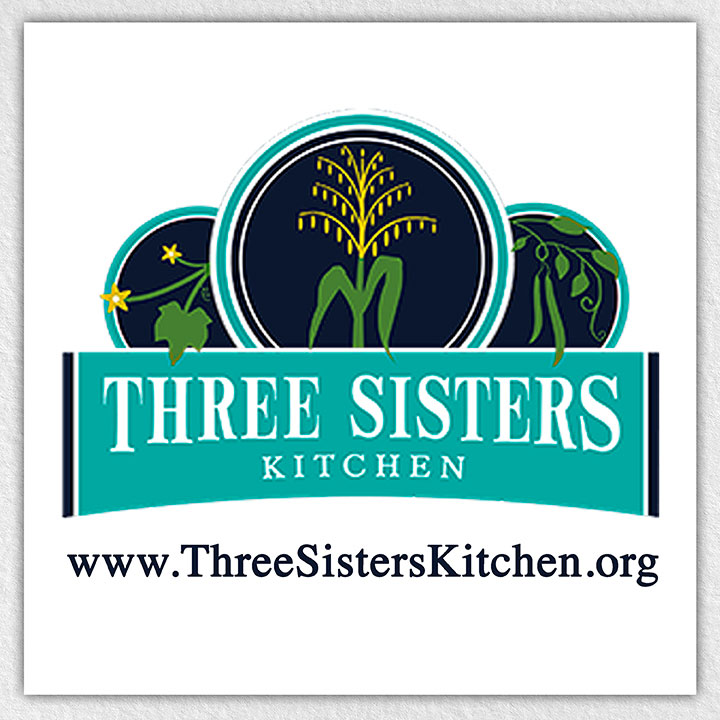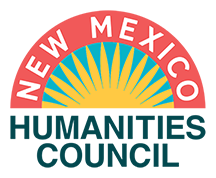Our second session in our latest Starting Conversations series explores the intersections between workers from all parts of the food chain. We talk with Anita Adalja, founder of Not Our Farm, Trish Gallegos, Catering Coordinator at Three Sisters Kitchen, and Andrea Serrano, Executive Director of OLÉ to discuss the issues food workers face, how they are rooted in the exploitative history of our food system, and the inequalities that result. This conversation centers the organizers’ and workers’ agency in forming creative solutions to these problems.
This Starting Conversations series is in partnership with Three Sisters Kitchen in Albuquerque, NM, a nonprofit organization focused on nourishing each other from the ground up. The discussion series is based on the idea that “culture springs from food” and each session will explore the unique relationship between food and culture in New Mexico, bringing together voices including farmers, chefs, local experts, artists, historians, and academics, among others
SHARE:
Anita Adalja has been farming for over a decade. She has worked on both non-profit and production farms in Pennsylvania, Virginia, California, Washington, D.C., and New Mexico. Before farming, she trained and worked as a social worker in New York City. She is deeply committed to increasing food access for all people, as well as community building, financial security and safety for farmworkers, and empowerment through food production and food sovereignty. She is the founder of the Not Our Farm Project and is a co-farmer at Ashokra Farm, a queer poc farming collective in Albuquerque.
Patricia Gallegos, Catering Coordinator at Three Sisters Kitchen. For most people, a Catering Coordinator doesn’t sound very interesting. Food service is a passion she’s been chasing for most of her life. Most recently, her work landed =her a position with Three Sisters Kitchen where she focuses on culinary creation,menu development, and catering. You could say she is living the dream.
In her professional career she has had the opportunity to work in several fields such as, accounting, community organizer, proprietor of a cafe and catering company. Food service and community organizing turned out to be her favorite jobs. She now has the luxury of doing both in one job.
At this juncture in her life she is happy to share her skills with the community. Her passion for cooking and love of community have created the right set of circumstances for her to continue her work on Social, Economic and Food justice.
Andrea J. Serrano, who was born and raised in Albuquerque’s neighborhood of Duranes, has been working in non-profit and social justice organizations since 1999. Andrea’s experience spans decades, beginning with her work at the Rape Crisis Center of Central New Mexico, where she was a community educator focused not only on violence prevention but also interrupting and addressing rape culture, particularly with young people and college students. Andrea was also a program coordinator at South Valley Academy, working with high school freshmen in the service learning program, and has extensive involvement in community organizing and activism with various organizations. Andrea began working at OLÉ in 2012 as a community organizer focused on BIPOC communities and urban conservation, and helped stop the development of Albuquerque’s Bosque, one of the only urban riparian forests in the US. Andrea is now Executive Director of the organization, leading the organization’s political and electoral organizing work.

THIS PROGRAM WAS CREATED IN PARTNERSHIP WITH THREE SISTERS KITCHEN
Three Sisters Kitchen is all about nourishing each other from the ground up. This means creating a space where good food, diverse communities, and economic opportunity come together for a healthier and more vibrant city. Through the power and love of local food, Three Sisters Kitchen creates economic opportunity, improves community health, and brings diverse communities together around the table.
